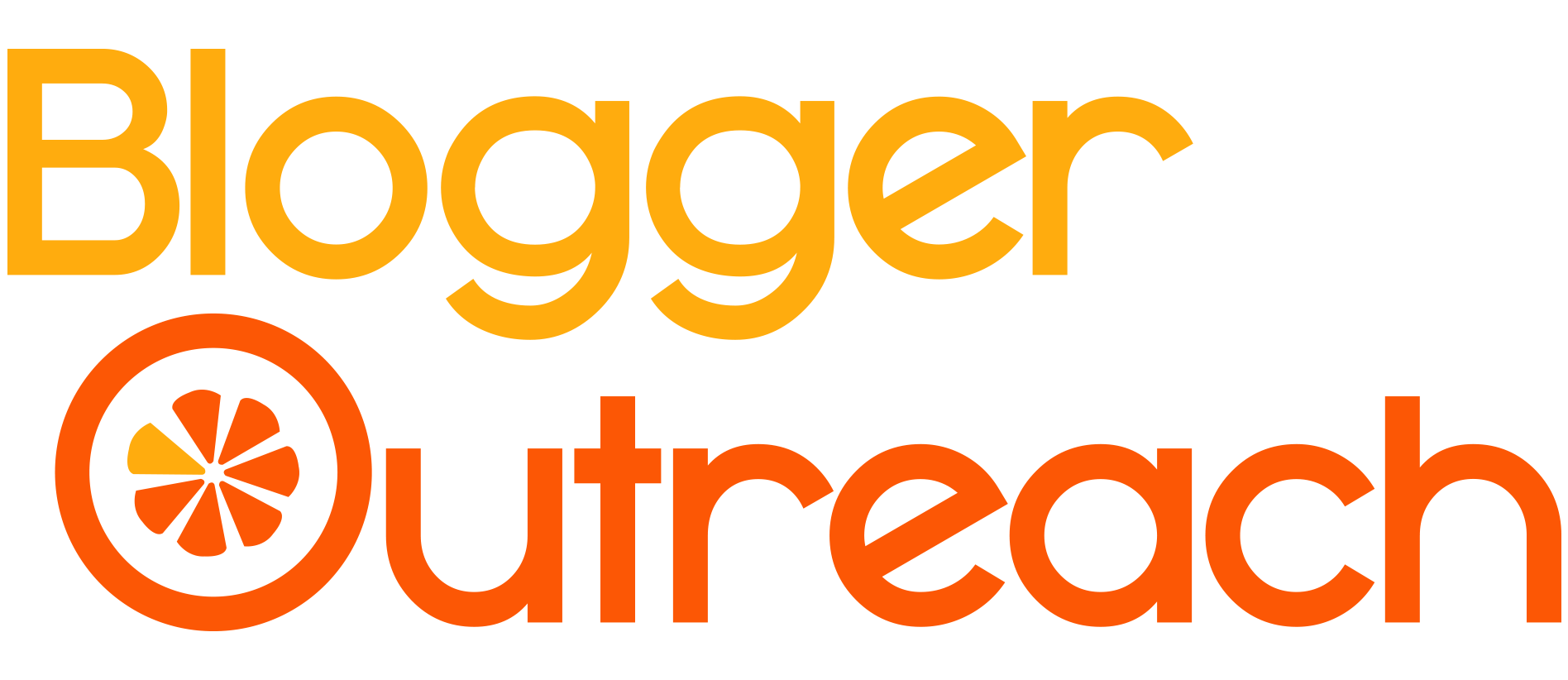Teacher Blogs Accepting Free Guest Posts
LIST OF TOP TEACHER BLOGS THAT ACCEPT GUEST POSTS
Below is the list of top teacher sites that might accept your blog posts for free. Posts and links from these authoritative sites are priceless for traffic and search-engine-optimization, but your post must be of the highest possible quality and adhere to multiple other individual rules.
| Blog | Full Title | HPA | DA | Moz Spam Score | OST | Difficulty | How to Submit Link |
|---|---|---|---|---|---|---|---|
| Teach.com | Finding the Best Online Education For You | Teach.com | 51 | 56 | 10 | 182.8 K | Hard | Submit Your Guest Post |
| Cultofpedagogy.com | Cult of Pedagogy | 51 | 56 | 0 | 90.7K | Hard | Submit Your Guest Post |
| Modelteaching.com | Professional Development Courses for Teachers - Model Teaching | 33 | 22 | 1 | 6.3K | Moderate | Submit Your Guest Post |
| Thecornerstoneforteachers.com | Angela Watson's The Cornerstone For Teachers | 49 | 50 | 3 | 57.9K | Moderate | Submit Your Guest Post |
| Theoldschoolhouse.com | Welcome to The Old Schoolhouse® Magazine - The Old Schoolhouse | 44 | 39 | 1 | 3.1K | Very Hard | Submit Your Guest Post |
| Gettingsmart.com | Getting Smart - Innovations in Learning | Getting Smart | 56 | 79 | 39 | 80.9K | Very Hard | Submit Your Guest Post |
| Educationalappstore.com | Best Educational Apps | Educational App Store | 53 | 51 | 1 | 54K | Hard | Submit Your Guest Post |
| Genderandeducation.com | GEA – Gender and Education Association – Changing the Future | Educating about Gender | 40 | 14 | 1 | 117 | Moderate | Submit Your Guest Post |
| Edweek.org | Education Week American Education News Site of Record | 62 | 85 | 1 | 656.4K | Very Hard | Submit Your Guest Post |
| Elearnmag.Acm.org | eLearn Magazine | 56 | 90 | 1 | 739 | Hard | Submit Your Guest Post |
| Term | Explained | Definition |
|---|---|---|
| DA | Domain Authority | Domain Authority (DA) is a search engine ranking score developed by Moz that predicts how well a website will rank on search engine result pages (SERPs). A Domain Authority score ranges from one to 100, with higher scores corresponding to a greater ability to rank. |
| HPA | Home Page Authority | Same Applicable to Home Page |
| OST | Organic Search Traffic | As calculated by SEMrush |
From Wiki:
A teacher (also called a school teacher or, in some contexts, an educator) is a person who helps students to acquire knowledge, competence or virtue.
Informally the role of teacher may be taken on by anyone (e.g. when showing a colleague how to perform a specific task). In some countries, teaching young people of school age may be carried out in an informal setting, such as within the family (homeschooling), rather than in a formal setting such as a school or college. Some other professions may involve a significant amount of teaching (e.g. youth worker, pastor).
In most countries, formal teaching of students is usually carried out by paid professional teachers. This article focuses on those who are employed, as their main role, to teach others in a formal education context, such as at a school or other place of initial formal education or training.
